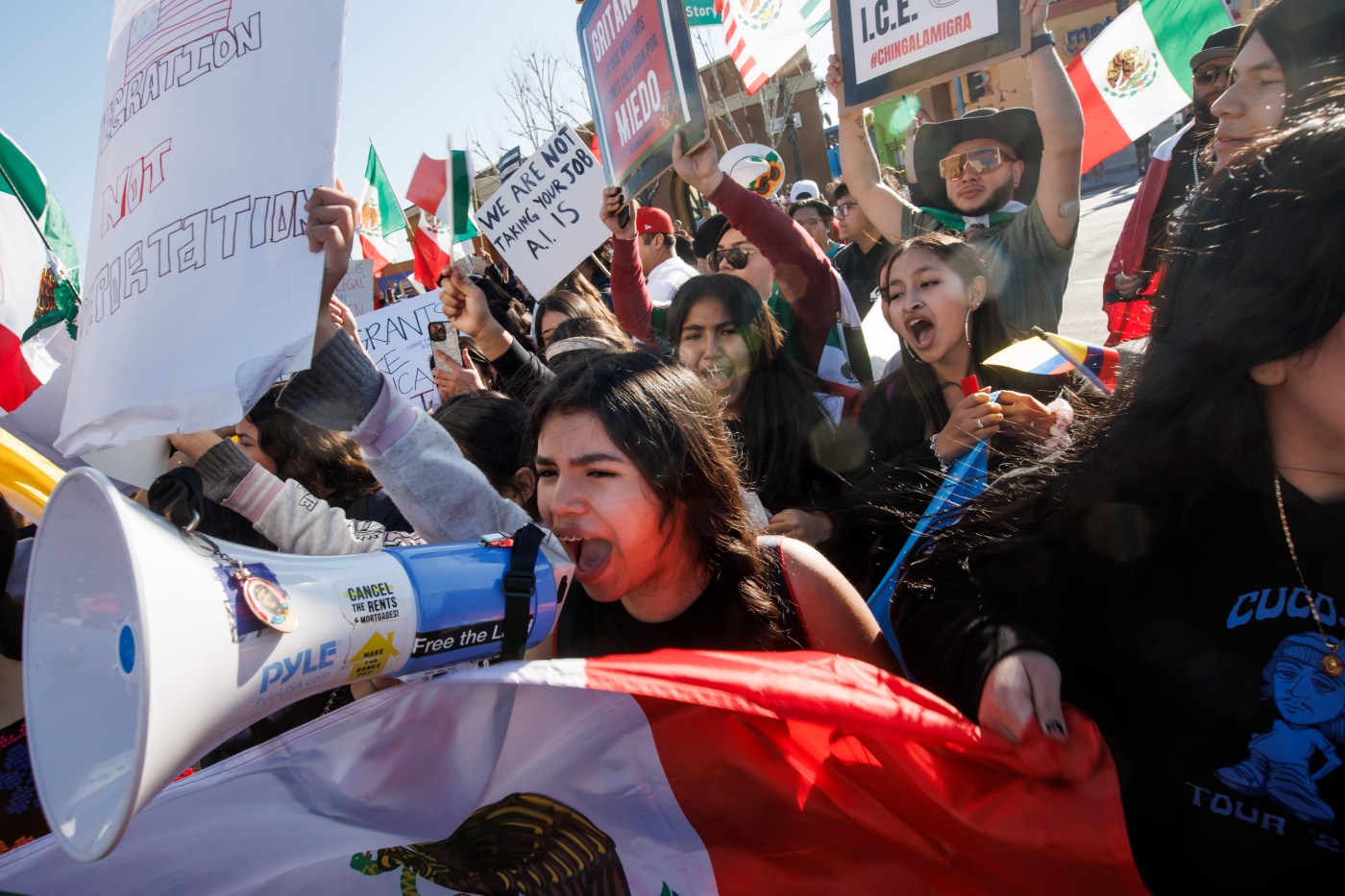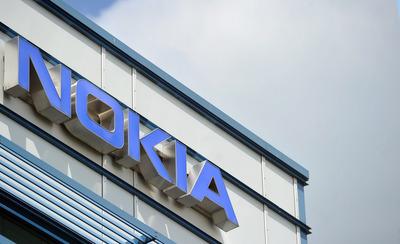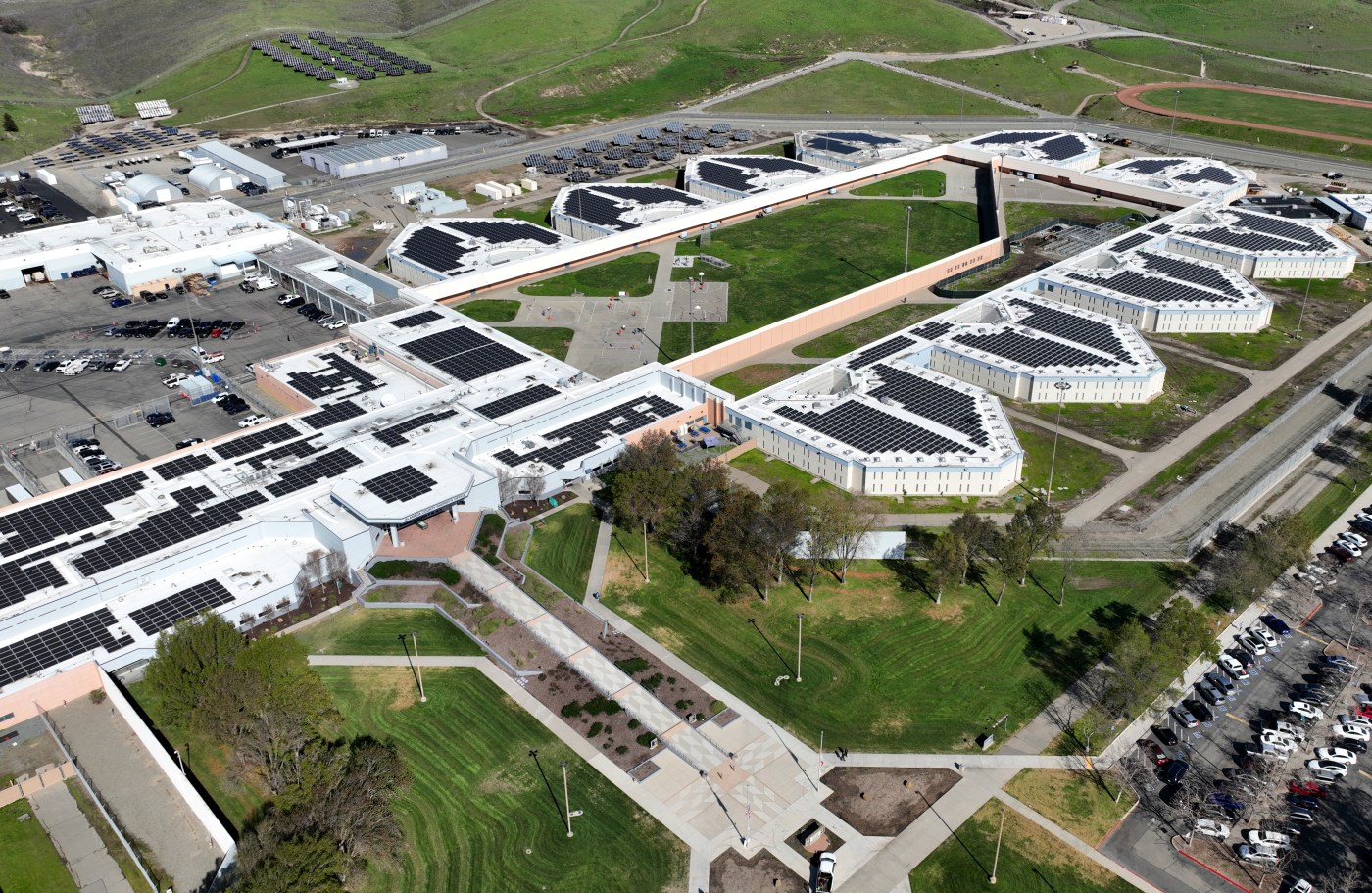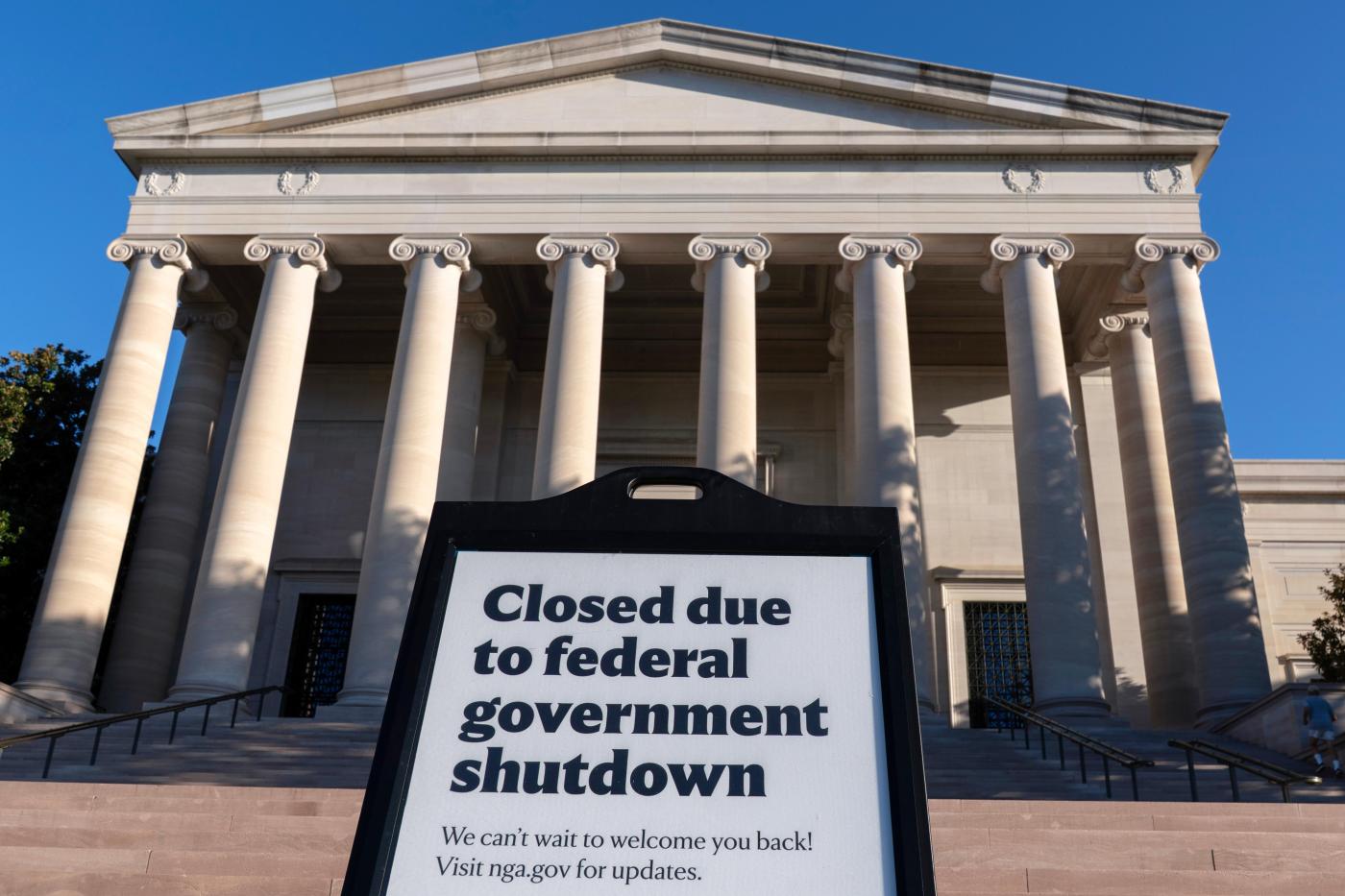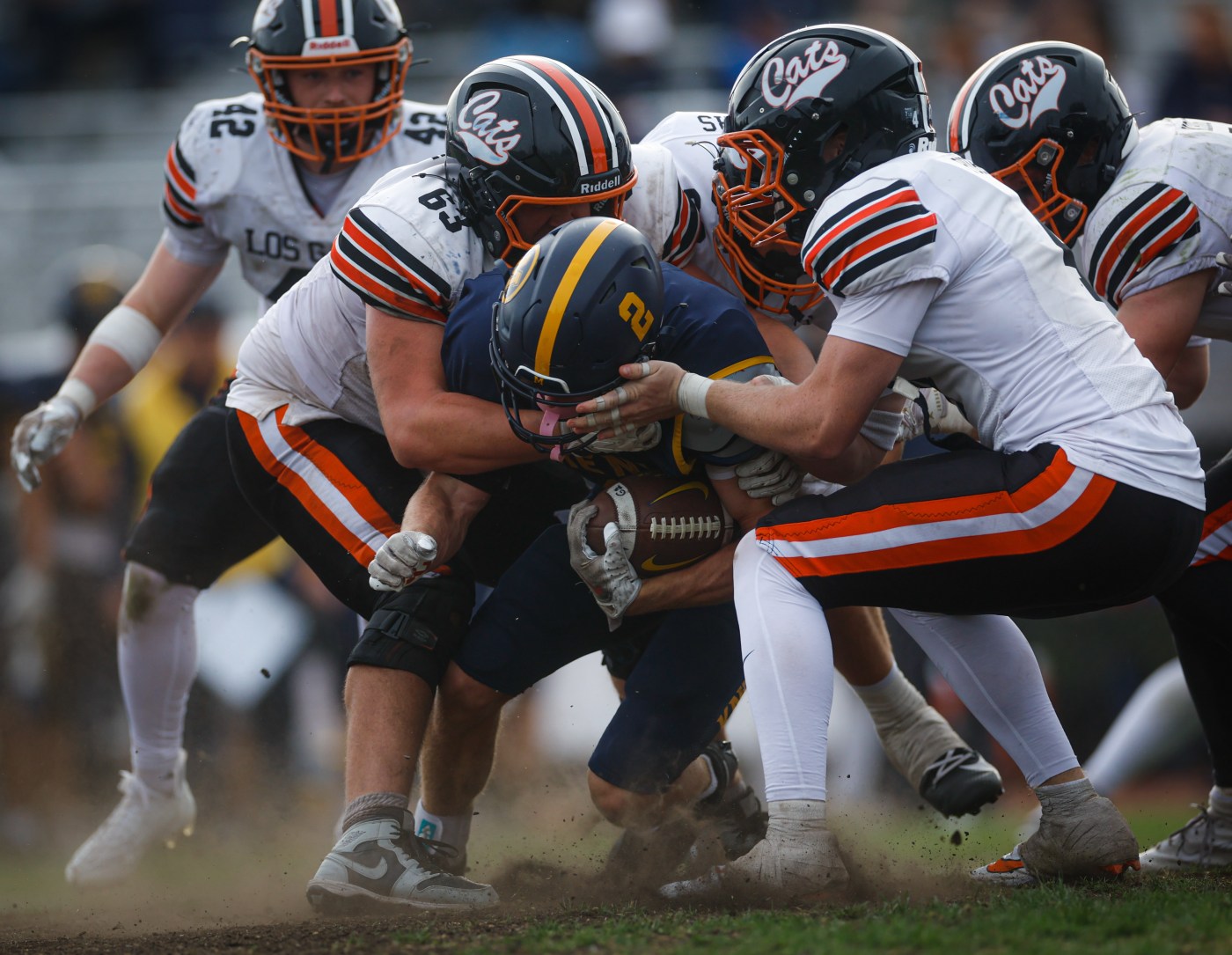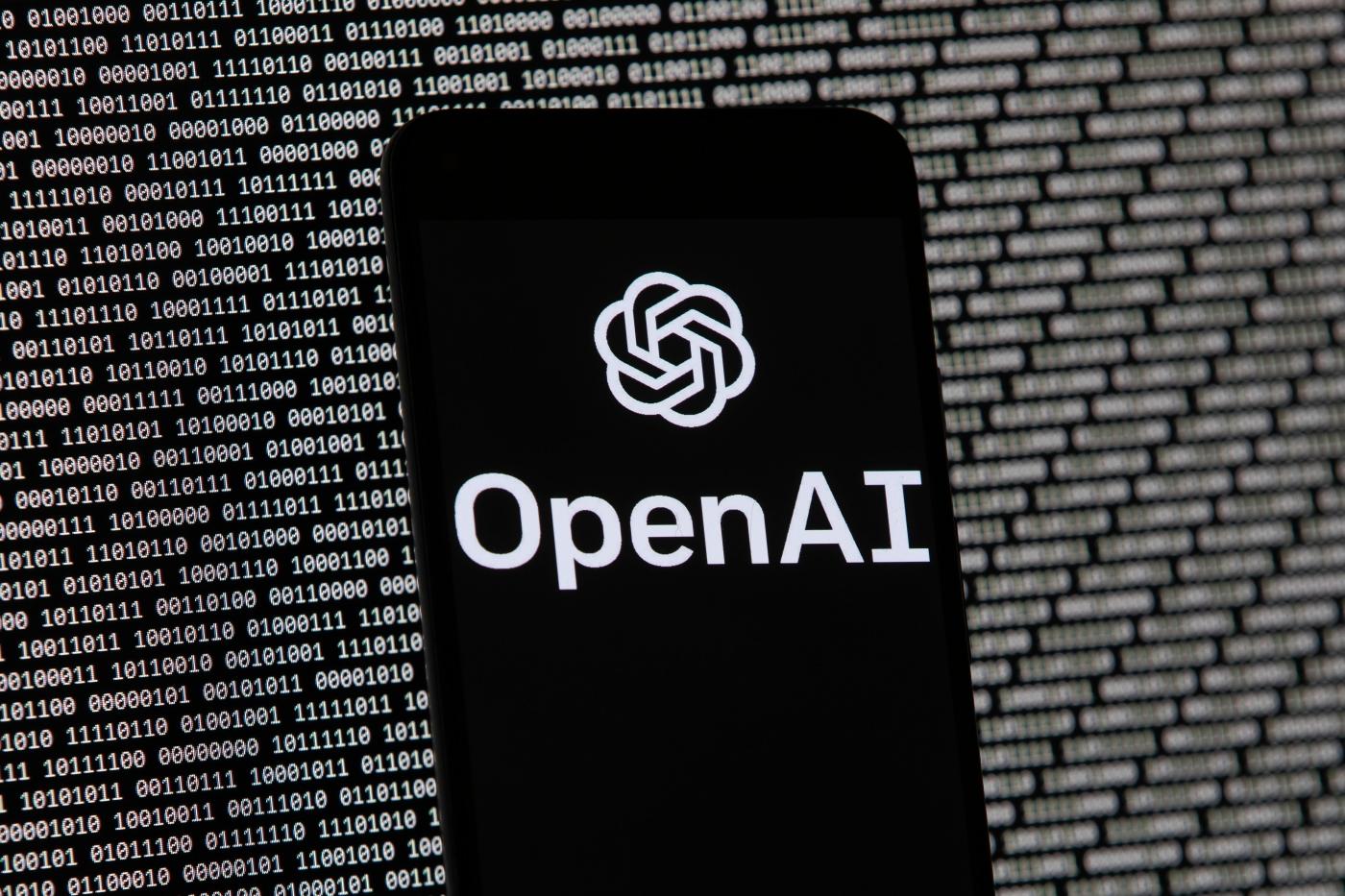Editor’s Note: This article was written for Mosaic, an independent journalism training program for high school and college students who report and photograph stories under the guidance of professional journalists.
The explosive national debate over the state of democracy is hitting home among South Bay teens.
A random survey conducted by Mosaic of nearly 20 local students found that most believe democracy in the U.S. is under threat from censorship, political polarization and government overreach.
The South Bay is one of California’s most politically active and left-leaning regions. Even so, many teens who live there expressed frustration that their voices aren’t being heard.
“The First Amendment to me means that you are able to voice your opinion without any restrictions,” said Naithik Viswajith, a freshman at Santa Clara High. “(But) there has recently been lots of violence … this has made a lot of people scared to voice them.”
Survey respondents pointed to fears about unchecked government power, ICE immigrant raids, and an unprecedented partisan division. Their concerns track with national surveys like CIRCLE’s 2024 Youth Poll citing teens’ growing political awareness.
“We’re seeing many warning signs and early beginning stages of fascism, which has been taught to us in World History,” said Catheleen Chirinos, a Santa Clara High junior.
For the survey, teens responded to questions about free speech, immigration crackdowns and the upcoming California election. They voiced major concerns about ICE immigration roundups in the Bay Area.
Theodore Nguyen, a freshman at Mission College, questioned whether ICE respected immigrants’ constitutional rights.
“ICE cannot infringe on those rights, yet mistakes like detaining a legal veteran show policies need revision. It’s abhorrent,” said Nguyen.
Olivia Nelson, a senior at Highland High, warned the issue goes deeper than policy.
“We are a country built on immigrants,” Nelson said. “Can we even call ourselves the ‘melting pot’ if we cut out everyone not white?”
The informal survey found that most teens get their news from social media or family, not school or fact-based news media, leaving gaps in their political knowledge.
Only five of the 18 surveyed students had heard about the upcoming California election to redraw congressional districts — the results could shift which party controls Congress.
“I haven’t heard of an election,” said Nguyen. “But I’ve heard of the proposal to redraw districts. I don’t think it’ll affect party control much.”
Santa Clara High senior Nishita Viswajith believes the lack of reliable information contributes to democracy’s decline.
“An ongoing threat is the sharing of misinformation, especially with social media increasing and more people getting their news from third-party sources,” said Viswajith.
Efforts to curtail free speech sparked strong reactions.
“Extreme hate and cyberviolence should be regulated,” said Ophelia Lee, a senior at Abraham Lincoln High in San Jose. “But the government or platforms shouldn’t overstep into limiting criticism based on their biases.”
Students also are disturbed by the nation’s deep political polarization.
“The constant divide makes it hard to trust government decisions,” said Nathik Viswajith, a freshman at Santa Clara High. “It seems like parties care more about themselves than the people.”
Even though they can’t vote yet, several teens said they want to get more civically involved. One organization, San Jose Youth Changemakers, shows them how to achieve social change by teaming with others.
“We want young people to know that they have power… even if they can’t vote,” said Vivian Kuang, a youth organizer with the group.
While youth energy is high, experts say schools often fail to nurture it.
“They want to be educated in a way that invites them into the political system, yet schools are not doing enough to prepare them,” said Jennifer de Forest, director of research at YouthTruth, a nonprofit organization that helps schools improve by collecting student feedback through surveys.
The organization’s 2024 national survey revealed deep gaps in civic education.
“Less than 50% of kids reported that it’s important to vote,” said de Forest. “School has become more about personal achievement than about learning to contribute to the common good.”
Still, many South Bay teens remain determined to participate in democracy’s future.
Jovana Bierman, senior at MacDonald High in Santa Clara, echoes that sense of responsibility.
“The core pillars of our democracy are under attack…(reminding) me the more I vote, the more power I have to change things,” said Bierman.
Sonia Mankame is a member of the class of 2026 at Santa Clara High School.
